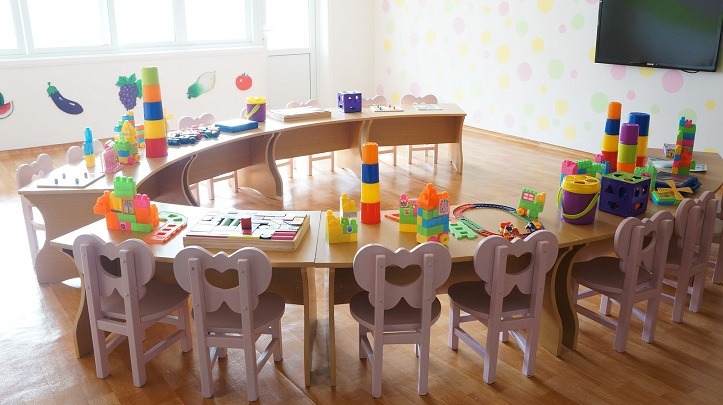Placing nurseries and kindergartens under one authority and having coordinated educational programs from the age of one year and up improves the quality of care for young children and can reduce inequalities according to an OECD report published on Wednesday. Early childhood education and care (crèches and kindergartens) can improve the cognitive abilities, socio-emotional skills and learning outcomes of children, especially those from disadvantaged backgrounds, stresses the OECD in this report.
These structures can thus contribute to greater fairness in achievements and an improvement in social mobility.
In 2013, spending on early childhood care and education was 0.8% of GDP on average in OECD countries. Access to childcare facilities is increasing in all countries. On average, almost one third of children under the age of three were enrolled in formal childcare in 2014. This percentage ranges from less than 10% of children in the Czech Republic, Slovakia and Mexico to more than 50 % In France, Belgium, Norway, Luxembourg, the Netherlands, Iceland and Denmark (the highest with over 60%).
Seven children out of 10 that are aged 3 are enrolled in kindergarten: more than 95% in France, Belgium, Iceland or Spain; less than 20% in Australia, Turkey, Switzerland and Greece.
More than half of the OECD countries have an integrated system of supervisory authority (often the Ministry of Education) and educational programs (Australia, Austria, Chile, Denmark, Estonia, Finland, Germany , New Zealand, Sweden). For others, such as Belgium, France, Mexico, Portugal and the United States, these two areas are provided in different environments and under the responsibility of different ministries. As a result, different standards often apply in different environments of early childhood education and care (ECEC) or for different age groups of children. Public funding is more decentralised in pre-primary education than in other levels of education and is often delegated to local authorities.
"Integrated systems, which are under the control of a single ministry or have educational programs that start at the age of one year until entry into primary school, are education systems that generally have better success" commented Eric Charbonnier, one of the authors of the report, at a press conference.
The Brussels Times

